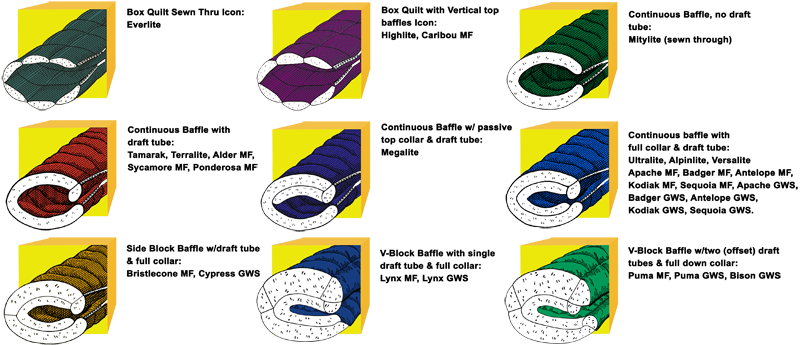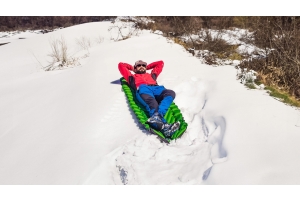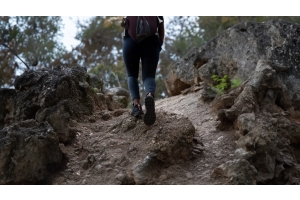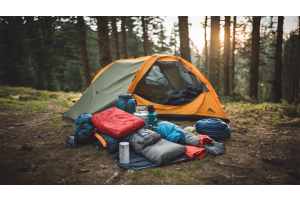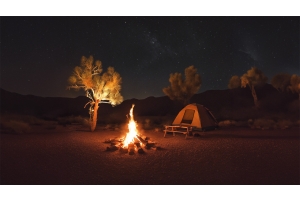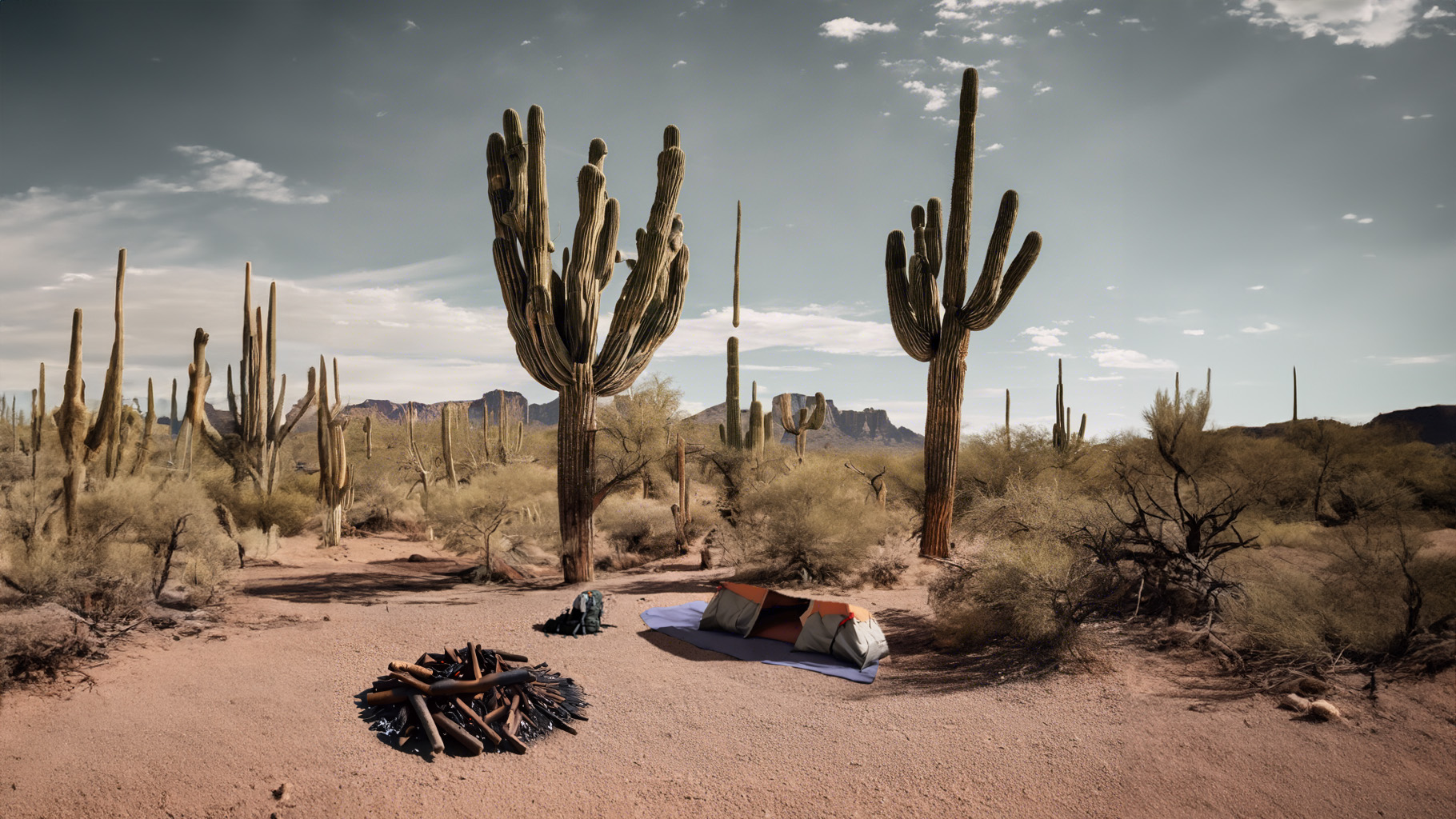
A Detailed Look
When it comes to sleeping bags, two main types of insulation reign supreme: down and synthetic. Each has its own set of advantages and disadvantages, making the choice between them a crucial decision for any outdoor enthusiast. In this blog post, we'll delve into the world of sleeping bag insulation, exploring the key differences between synthetic and down bags to help you make an informed decision for your next adventure.
Down Sleeping Bags: The Quintessential Choice for Backpackers
Down, the soft underplumage of waterfowl, is widely regarded as the pinnacle of sleeping bag insulation. Its exceptional warmth-to-weight ratio makes it a favorite among backpackers and thru-hikers who prioritize a lightweight, compressible sleeping bag. Down's natural loftiness allows it to trap heat effectively, keeping you warm in even the chilliest conditions.
Advantages of Down Sleeping Bags:
- Lightweight and compressible: Down's ability to pack down incredibly small makes it ideal for backpacking and ultralight camping.
- Warmth-to-weight ratio: Down offers superior warmth for its weight compared to synthetic insulation.
- Durability: With proper care, down sleeping bags can last for decades.
Disadvantages of Down Sleeping Bags:
- Moisture sensitivity: Down loses its insulating power when wet, making it less suitable for humid or rainy conditions.
- Higher cost: Down sleeping bags typically cost more than synthetic alternatives.
Synthetic Sleeping Bags: A Versatile Option for All Conditions
Synthetic insulation, made from man-made fibers, has made significant strides in recent years, offering a compelling alternative to down. While synthetic bags may not be as lightweight or compressible as down, they offer several advantages that make them a popular choice for campers and adventurers.
Advantages of Synthetic Sleeping Bags:
- Water-resistant: Synthetic insulation maintains its insulating properties even when wet, making it ideal for humid or rainy conditions.
- Affordability: Synthetic sleeping bags are generally less expensive than down bags.
- Easy to care for: Synthetic bags can be machine washed and dried, making them low-maintenance.
Disadvantages of Synthetic Sleeping Bags:
- Weight and bulk: Synthetic insulation is generally heavier and bulkier than down, making it less packable.
- Warmth-to-weight ratio: Synthetic insulation does not offer the same warmth-to-weight ratio as down.
Choosing Between Synthetic and Down: Considerations for Your Needs
The choice between a synthetic and down sleeping bag depends on various factors, including your backpacking style, camping environment, and personal preferences. If you prioritize lightweight backpacking trips and value the superior warmth-to-weight ratio of down, a down sleeping bag may be your best bet. However, if you frequently camp in humid or rainy conditions and prioritize affordability and easy care, a synthetic bag is a wiser choice.
Additional Considerations:
- Fill power: Fill power is a measure of down's insulating ability. A higher fill power indicates warmer down.
- Temperature rating: Sleeping bags are rated for specific temperature ranges. Choose a bag that is rated for the coldest conditions you expect to encounter.
- Shell material: The shell material protects the insulation from moisture and abrasion. Choose a durable, water-resistant shell.
Ultimately, the decision between a synthetic and down sleeping bag is a personal one. Consider your individual needs, preferences, and camping style to make an informed choice that will ensure a comfortable and enjoyable outdoor experience. Whether you opt for the lightweight warmth of down or the versatility and durability of synthetic, there's a sleeping bag out there that will keep you cozy and confident on your next adventure.
Advantages of Down Sleeping Bags:
- Lightweight and compressible: Down's ability to pack down incredibly small makes it ideal for backpacking and ultralight camping.
- Warmth-to-weight ratio: Down offers superior warmth for its weight compared to synthetic insulation.
- Durability: With proper care, down sleeping bags can last for decades.
Disadvantages of Down Sleeping Bags:
- Moisture sensitivity: Down loses its insulating power when wet, making it less suitable for humid or rainy conditions.
- Higher cost: Down sleeping bags typically cost more than synthetic alternatives.
Final Thoughts
Choosing the right sleeping bag for your needs can be a daunting task. With so many factors to consider, it's easy to feel overwhelmed. That's where the experts at Arizona Hiking Shack can help. Our knowledgeable staff can guide you through the selection process, ensuring you find the perfect sleeping bag for your adventures. Visit us at our Phoenix location or give us a call at (602) 944-7723. We're always happy to help you get the gear you need to make the most of your outdoor experiences.
Arizona Hiking Shack
3244 E. Thomas Rd.
Phoenix, AZ 85018


